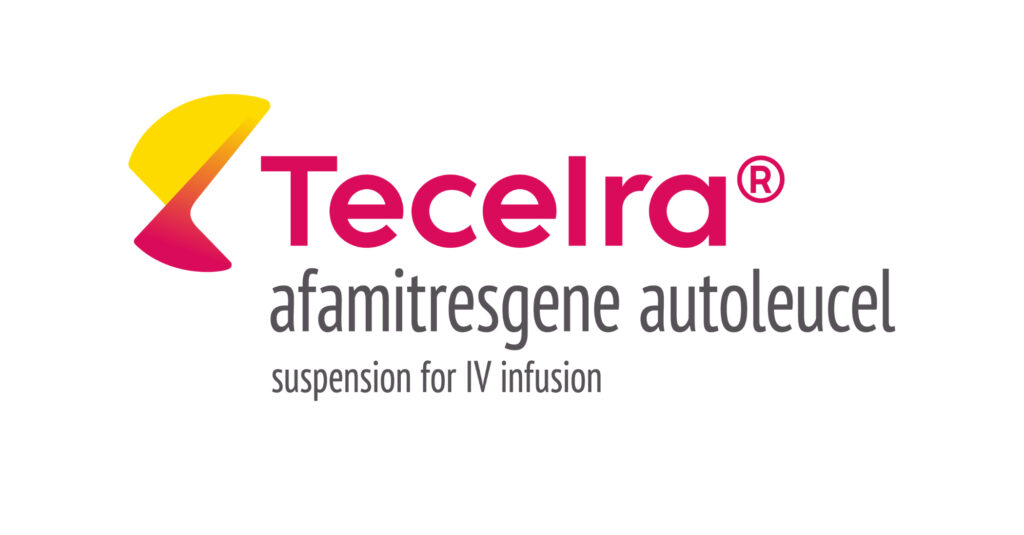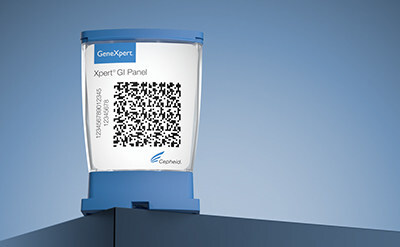The US Food and Drug Administration (FDA) has approved Adaptimmune Therapeutics’ Tecelra (afamitresgene autoleucel) for adults with unresectable or metastatic synovial sarcoma who have specific HLA types and have undergone prior chemotherapy.
Tecelra is the first cell therapy engineered for a solid tumor cancer in the US, offering a new option for patients with specific genetic markers who have previously undergone chemotherapy. It is also the first new treatment for adults with synovial sarcoma in over a decade.
Tecelra works by using the patient’s own immune system to target tumors expressing the melanoma-associated antigen A4 (MAGE-A4) protein on cancer cells. The therapy is specifically approved for patients positive for HLA-A02:01P, -A02:02P, -A02:03P or -A02:06P. It involves a single infusion that trains the immune cells to identify and attack these cells.
Synovial sarcoma is a rare soft tissue cancer that accounts for five to ten percent of soft tissue sarcomas. According to Penn Medicine’s Abramson Cancer Center, synovial sarcoma tends to occur in teens and younger adults, most often affecting males in their 30s.
In a press release announcing Tecelra’s approval, Adrian Rawcliffe, CEO of Adaptimmune said, “This is a watershed moment for cell therapy and for people with synovial sarcoma,” emphasizing the company’s commitment to expanding its clinical pipeline with future treatments like lete-cel, an engineered TCR T-cell therapy. Clinical trial results for the therapy are expected to be shared in late 2024.
Tecelra’s approval was based on results from the SPEARHEAD-1 clinical trial, which have been published in The Lancet. The trial showed a 43 percent response rate with 4.5 percent achieving complete remission. Thirty-nine percent of responders experienced a duration of response of 12 months or longer. The clinical trial data offers hope to patients with limited treatment options and a current five-year survival rate as low as 36 percent, noted Sarcoma Foundation of America’s CEO, Brandi Felser, in the press release.
Tecelra’s administration requires careful monitoring for potential side effects such as cytokine release syndrome (CRS), immune effector cell-associated neurotoxicity syndrome (ICANS) and prolonged cytopenia. A comprehensive support program, AdaptimmuneAssist, is available to facilitate patient access and provide assistance throughout the treatment process. Adaptimmune is also establishing multiple authorized treatment centers (ATCs) to ensure broader access to the therapy.
XTALKS WEBINAR: Advancing Oncology Care: The Evolving Role of Diagnostic Labs in Biomarker-Driven Therapies
Live and On-Demand: Monday, September 16, 2024, at 1pm EDT (10am PDT)
Register for this webinar today that will delve into the transformative impact of precision medicine on oncology care and highlight the evolving role of diagnostic labs in the era of biomarker-driven therapies.
Navigating Synovial Sarcoma Diagnosis with New Tools
A review published in EFORT Open Reviews discussed how synovial sarcoma is often misdiagnosed or diagnosed late. It cites a study that found there was an average delay of 98 weeks from the onset of symptoms to diagnosis. Of this delay, 43 weeks were attributed to the time patients took before consulting a doctor, while an additional 50 weeks were due to misdiagnoses by doctors.
Synovial sarcoma can also resemble other conditions, with MRI scans often misidentifying it as benign, leading to high misdiagnosis rates. The tumor’s ability to mimic other conditions based on its size and location further compounds the complexity of synovial sarcoma diagnosis.
Adaptimmune partnered with Agilent Technologies and Thermo Fisher Scientific to develop companion diagnostic tools that identify eligible patients for Tecelra treatment. The tools test for specific human leukocyte antigens (HLA) and the MAGE-A4 biomarker which aid in determining which patients are suitable candidates for the cell therapy.
The FDA approved Agilent’s MAGE-A4 IHC 1F9 pharmDx, a diagnostic tool that detects the MAGE-A4 protein in cancer tissues. It’s the first in vitro diagnostic (IVD) for MAGE-A4 available in the market.
In addition, Thermo Fisher Scientific’s SeCore CDx HLA A Sequencing System also received FDA 510(k) clearance. The high-resolution HLA typing system is now authorized for use as a companion diagnostic with Tecelra. The system is critical in identifying patients with the HLA-A02:01P, -A02:02P, -A02:03P or -A02:06P types, ensuring they are candidates for the treatment.
Tecelra, with the aid of companion diagnostics, could help redefine treatment paradigms and improve the lives of patients battling challenging cancers like synovial sarcoma.












Join or login to leave a comment
JOIN LOGIN